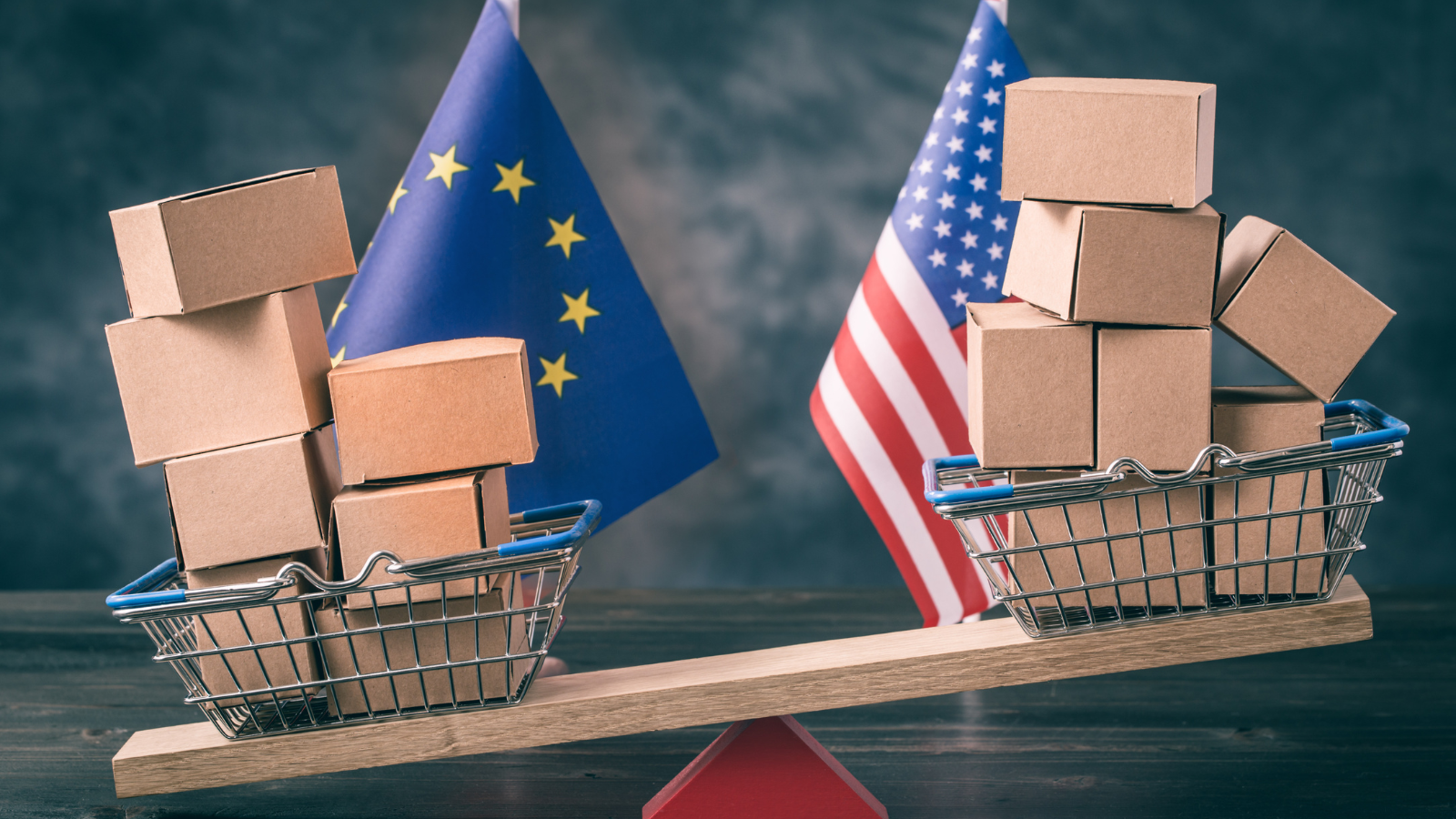Biden Administration's New EV Tax Credit Rules Impact Eligible Models
As of January 1st, the Biden administration's updated rules now have a significantly reduced number of electric vehicle models eligible for the popular $7,500 consumer tax credit. The revised criteria have narrowed down the qualifying models from around two dozen to just 13. Notably, the new regulations exclude vehicles that use battery components manufactured by Chinese companies.
The Treasury Department has been in close coordination with automakers to implement these restrictions. They aim to ensure that buyers can still benefit from the new clean vehicle credit while encouraging companies to adjust their supply chains, foster partnerships, and bring investments and jobs back to America.
These rules, unveiled by the Treasury Department last month, target battery components associated with Chinese jurisdiction or those entities at least 25% owned by the Chinese government. In 2025, the restrictions will expand to cover suppliers of crucial battery raw materials like nickel and lithium.
Among the vehicles still eligible for consumer credit are Tesla's Model Y, Rivian's R1T pickup truck, Stellantis' Jeep Wrangler 4xe, and Ford's F-150 Lightning pickup truck.
These adjustments were created by President Biden's climate law, prompted by Senator Joe Manchin, who expressed concerns about U.S. taxpayers subsidizing batteries made in China.
WHY IS THIS IMPORTANT TO THE SUPPLY CHAIN INDUSTRY?
These Tax credits impact the trucking, logistics, and supply chain in a multitude of different ways. These new rules mean you need to think twice about which electric vehicles to add to your fleet. That $7,500 tax credit is a nice bonus… and now it's got a shorter list of qualifying models. Your fleet decisions just got a bit trickier.
When they say “no more Chinese-made battery components”, it's not just about the vehicles themselves. Your supply chain might need some tweaking to ensure compliance. That means some logistics juggling.
Hey, every dollar counts in business, right? These tax credits affect your financial planning. Fewer eligible models mean you might not get the tax breaks you were counting on. Budgets need a rethink.
The EV game is all about sustainability, and these changes can impact how quickly your company adopts cleaner transportation. Your environmental goals could get a nudge in either direction. In a nutshell, this info isn't just about regulations; it's about your fleet choices, financial plans, and how fast you go green.
OUR HOT TAKE?
People have mixed feelings about these changes. Some see them as a way to level the playing field and boost local manufacturing, while others think they might put a damper on innovation and global teamwork. When we limit the use of Chinese-made battery components in vehicles, there's concern it could slow down the development of cutting-edge tech. These restrictions could be seen as playing favorites with certain industries, which can spark a debate.
Each year, tens of millions of Americans file their tax returns, and a significant number of them are missing out on a valuable credit, the earned income tax credit (EITC), according to the IRS
In recent years, there has been a substantial investment of taxpayer dollars in adding electric buses to transit fleets across the United States, aiming to reduce carbon emissions.
As of January 1st, the Biden administration's updated rules now have a significantly reduced number of electric vehicle models eligible for the popular $7,500 consumer tax credit.
The UK government has announced a reduction in National Insurance tax for workers from 12% to 10%, aiming to provide relief amid a cost-of-living crisis.
The IRS is set to launch a pilot electronic free file tax return system in January, inviting taxpayers from 13 states to participate.
House Republicans are pressing the IRS for answers regarding the delay in processing new claims for the pandemic-era small business tax credit known as the employee retention credit (ERC).
IRS Commissioner Danny Werfel has ordered the immediate suspension of new claims for the employee retention credit (ERC), a pandemic-era small business tax break, due to a surge in questionable claims.
The Arizona Legislature approved a bill allowing Maricopa County to hold a transportation tax election in the coming year.
In their commentary published in The Baltimore Sun, Samuel Jordan, Eric Norton, and Michael Scepaniak criticize Baltimore's new regional transportation plan, Resilience 2050, for perpetuating an automobile-centric approach.
Business owners seeking to claim the Employee Retention Credit (ERC) should exercise caution to avoid falling victim to scams and misinformation.
As the average price of diesel fuel shows a downward trend, several states in the US are preparing to make changes to their diesel fuel taxes, effective from July 1st.
The adoption of mileage-based charges instead of traditional fuel taxes poses challenges as states seek to address the declining revenue from fuel taxes due to factors such as fuel efficiency and the rise of electric vehicles.
The digitization of commerce and the growth of cross-channel selling have increased friction points in the buying process.
The concept of a "tax credit loophole" regarding the rise in electric vehicle (EV) leasing implies a scenario where individuals or businesses leverage specific tax incentives or loopholes to maximize the advantages of leasing EVs.
Amazon has been granted tax breaks worth an estimated $1 billion by officials in a remote county in northeastern Oregon to establish five new data centers.
The purpose of electric vehicle rebates is to encourage consumers to choose cleaner and more affordable EVs over traditional gasoline or diesel-powered vehicles.
With Tax Day upon us, small businesses are already struggling with economic growth, and the IRS has not been of much help.
The EBIKE act launched two years ago, had proposed giving Americans a $1500 price tag reduction on a brand new Ebike.
Additionally, the approval of a sprawling Tesla vehicle battery facility east of Reno will include the construction of a long-awaited electric semi-truck factory.
Too many people are applying to the program which would provide rebates for buying or leasing an electric vehicle, according to The Oregon Department of Environmental Quality.
In the race to fully transition to green energy, investments are rampant on both sides of the Atlantic Ocean to integrate electric vehicles and other sources of clean energy.
In a massive drop, EV sales have dramatically collapsed with only 672,000 units sold in January.
The US semiconductor industry is starting to stir as the $52 billion in subsidies from the CHIPS act sits on the table.
The U.S. government has adjusted rules for EV tax credits, allowing for versions of the small SUVs to be eligible.
This new piece of legislation effectively cuts tax reductions implemented from 2017’s Tax Cut and Jobs Act, raising taxes while inflation brings the interest rates with respect to borrowing at a 13-year high.
Ohio is centrally located in the United States, making it an ideal location for distributing products to other parts of the country.
Otherwise known as the IRA, the legislation is essentially the United States’s $370 billion climate plan, offering huge subsidies and consumer tax breaks for North American automakers.
Hawaii’s Department of Transportation is recommending a road usage tax starting with 8 cents per mile for electric vehicles in order to combat the lack of traditional gas tax revenue in the state.































The U.S. Treasury Department recently updated the rules for electric vehicle (EV) tax credits under the 2022 Inflation Reduction Act, stirring up a bit of a storm.